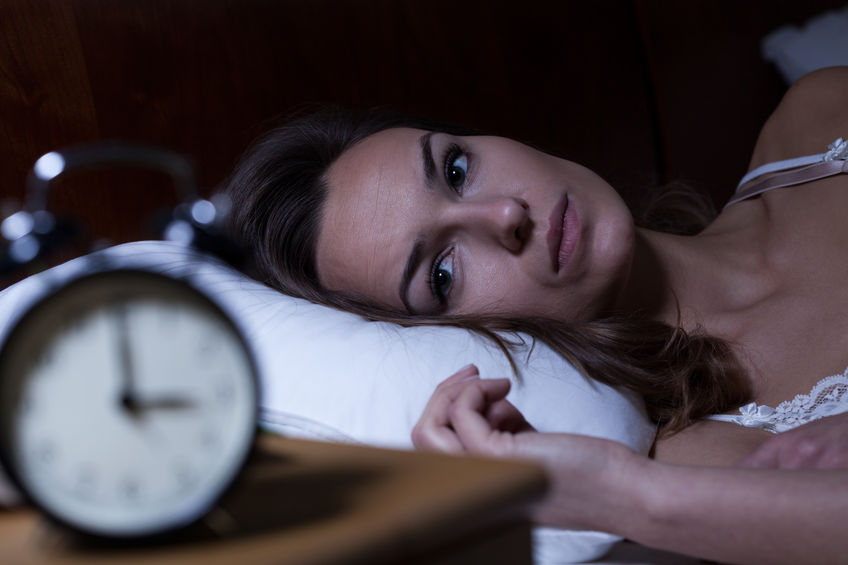Making A Trying Time More Difficult
Most women can agree that menopause isn’t the most comfortable time in life. During menopause, a woman stops ovulating and no longer gets a period. But more importantly, women undergo hormonal changes as estrogen and progesterone production begin to stop. The reduced hormone production can lead to various symptoms like hot flashes, mood swings, potential hair loss, and trouble sleeping. Find out what increases a woman’s risk of insomnia or sleep apnea related to menopause.

Hot flashes and sleeping
Waking up in the middle of the night isn’t an unnatural phenomenon. But waking up only to feel intense heat is exceptionally unpleasant. Hot flashes are a common cause of sleep disruption in menopausal women. While many women assume that the hot flash is the cause for waking up, experts have found that most women awaken before the hot flash. The same mechanism in a woman’s brain that causes the hot flash can also trigger awakening.
Menopausal sleep apnea
Sleep apnea is a disruptive sleep disorder where a person not only snores but may experience actual moments where breathing ceases. Experts think that sleep apnea in menopausal women may be linked to a drop in hormone production, such as estrogen and progesterone. Research has shown that menopausal and postmenopausal women are up to 2-3 times more likely to have sleep apnea than premenopausal women. Another concern is that a woman’s symptoms of sleep apnea may not be as pronounced or severe as a man’s, which can delay diagnosis.
The dreaded insomnia
Declining hormones can also contribute to women experiencing insomnia during menopause. Common signs that a person has insomnia include taking more than 30 minutes to fall asleep, difficulty getting more than six hours of sleep for three or more nights a week, and waking up not feeling rested or refreshed. 61% of menopausal women mention trouble with sleeping or poor sleep quality.
Addressing menopausal sleep issues
Sometimes a woman can find relief from menopausal insomnia by focusing on improving and balancing hormone levels. Common treatments include hormone replacement therapy, low-dose birth control, or even low-dose antidepressants. However, a woman should speak with a physician to confirm the best course of action.
Getting a good night’s rest
Menopause doesn’t mean a woman has to endure poor sleep indefinitely. While women suffering from serious conditions like sleep apnea should speak to a physician, sometimes making lifestyle changes can help achieve restful, restorative sleep. Simple tips like keeping room temperatures cooler, reducing ambient lights and sounds, avoiding heavy meals before bed, and cutting out or reducing nicotine and alcohol use can help women comfortably fall and stay asleep. For more information about managing menopause, speak with an OB/GYN.
